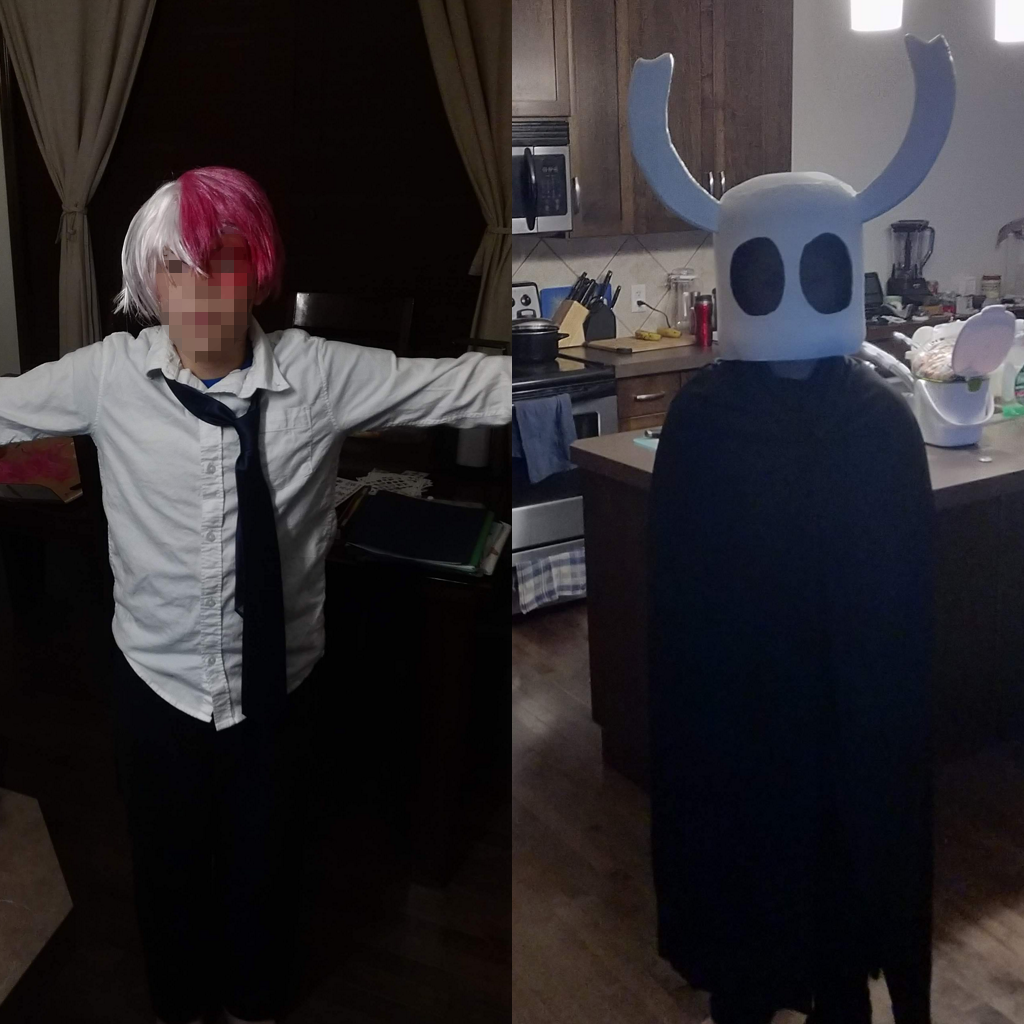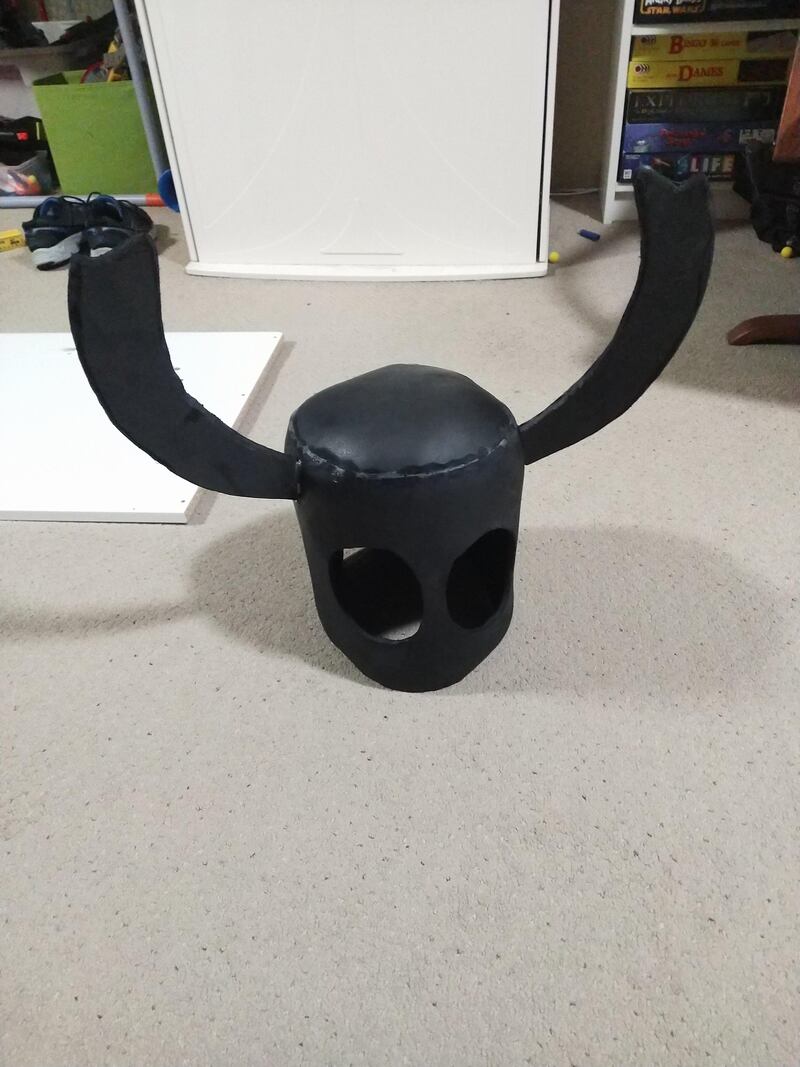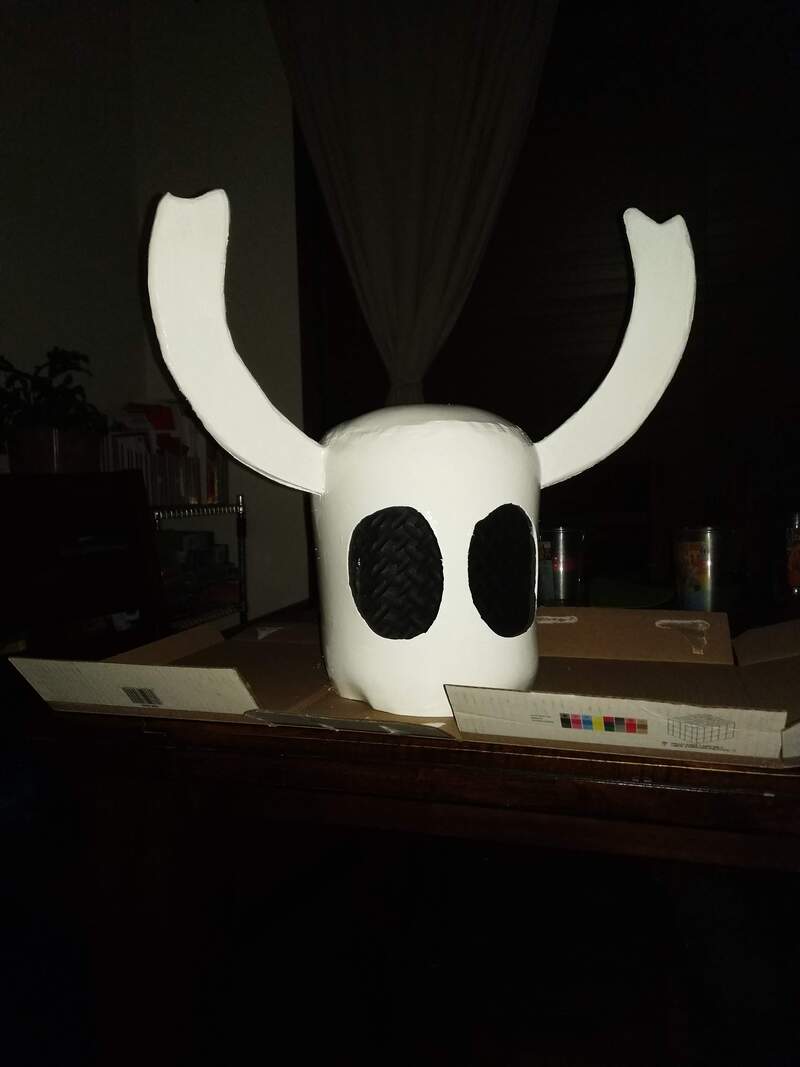|
Best Games - The Fighting Fantasy Book Series
You ever play a roguelike? A game where you have one run through a gauntlet of obstacles. When your character dies you go back to the start and try again, using what you learned on previous runs to get further and further each time. Imagine that, but a book. A few short years after the creation of the first Choose Your Own Adventure books and the game Dungeons and Dragons, a couple of industrious writers decided to mix the two together. The result, rather than being a dungeon crawling choose your own adventure, turned out to be more like a story based roguelike. You had one shot to optimise your randomly rolled characters progress through the story. If they died or you chose poorly and got a bad ending you had to scrap your character sheet and start over at the beginning. Of course no one ever played through the books like that. When the quickload system is as easy as putting a finger in between the pages and then flipping back if a choice or combat outcome turned out negatively, you fudge the numbers until you got all the endings. At least for me, it was only after I had ‘beat’ the book that I decided to see if I could make a run through to the end playing strictly by the rules. Most of the time I didn’t make it. A few of the books required some pretty lucky dice rolls to succeed. Really though, when everything is considered, the fighting fantasy series didn’t do anything earthshakingly inventive. They were neat, and of their time, and that’s about it. It’s really only when you combine the infocom text adventures like Zork, the tabletop collaborative narrative games like Dungeons and Dragons, and systems based computer games like Rogue that were all being made in the late 70s and early 80s that you can see the profound impact they will collectively make on games over the next decades. Games went from being strictly intellectual or gambling based pastimes, to being a medium that could tell a story. Games became the only medium where you could not only be the audience for that story but a collaborator in its telling. Very early on the Fighting Fantasy series of books were out front and testing those waters. The Fighting Fantasy book series deserves to be amoung the best games. https://eturnip.itch.io/anything This weekend was Ludem Dare 45. Ludem Dare is a long running series of semi-annual game jams. I did the same thing that I do every time Ludem Dare rolls around. I forgot it was happening. It wasn’t until quite late on friday night that I noticed that the theme had been announced. I thought about it for a bit, started a new Godot Project, made a GitHub repository, and then thought maybe I would attempt to make the thing I was thinking about on Saturday. Maybe. Start with nothing. That was the theme. I happened to have an experiment rattling around my brain I have wanted to try for a long time. It is the sort of thing that fit the theme “Start with nothing” and it was a small, strange idea that fit perfectly into the schedule of a jam. Really I just needed an excuse to try it out. For a while now the kids and I have been messing around with Godot as an excuse to teach them to code in a way that might be more fun than tutorials and “learn to code” apps. Game engines, I think, are uniquely suited to the task of learning. Turn around time from having an idea to testing it to seeing the results is very short for most things when using a game engine. An awful lot of the work is handled for you. You don’t really need to be concerned about how to draw a pixel to the screen. The engine deals with that. You can worry about higher level stuff. I know that the absolute fastest code learning loop is probably learning html but that is pretty dull stuff. Compare changing the border on a div to creating a stack of boxes and knocking them over with cannon shots in a 3d game engine. The second one might take a bit longer, but honestly, which one would you rather make. That time spent working with my kids in Godot led me to believe that creating a simple experiment wouldn’t be that difficult. Of course I was completely wrong. I certainly didn’t spend global game jam type hours on this project. I sort of dipped into it from time to time over Saturday and Sunday morning. Still, Godot fought me the entire way. Seemingly small things like moving an object from one place to another smoothly devolved into a marathon of frustration. I spent no small amount of Saturday detangling the fact that Godot deals with 2D and 3D graphics very differently. The built in tween functions are either broken or so convoluted that they might as well be broken, at least on the 3D side of the fence. The documentation is succinct, but not particularly helpful. If there are examples they don’t tend to be ones that deal with common problems, like moving an object smoothly from place to place. I’m also not very familiar with the python-like GDscript that you have to use if you want to make a Godot project that runs under HTML5. Not being able to use C# caused some headaches. At the end of it all though, I did manage to make a very simple version of what I was going for. It’s missing some of the more interesting exploration style features that I had planned, but like all Jam games, success is when it runs at all. Anything is running over at https://eturnip.itch.io/anything Try it out. Make something from nothing. |
Archives
February 2024
Categories |
Owen McManus




 RSS Feed
RSS Feed